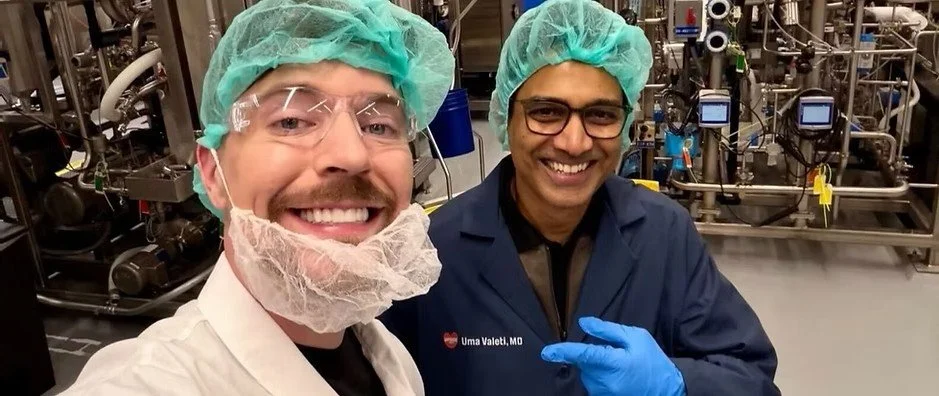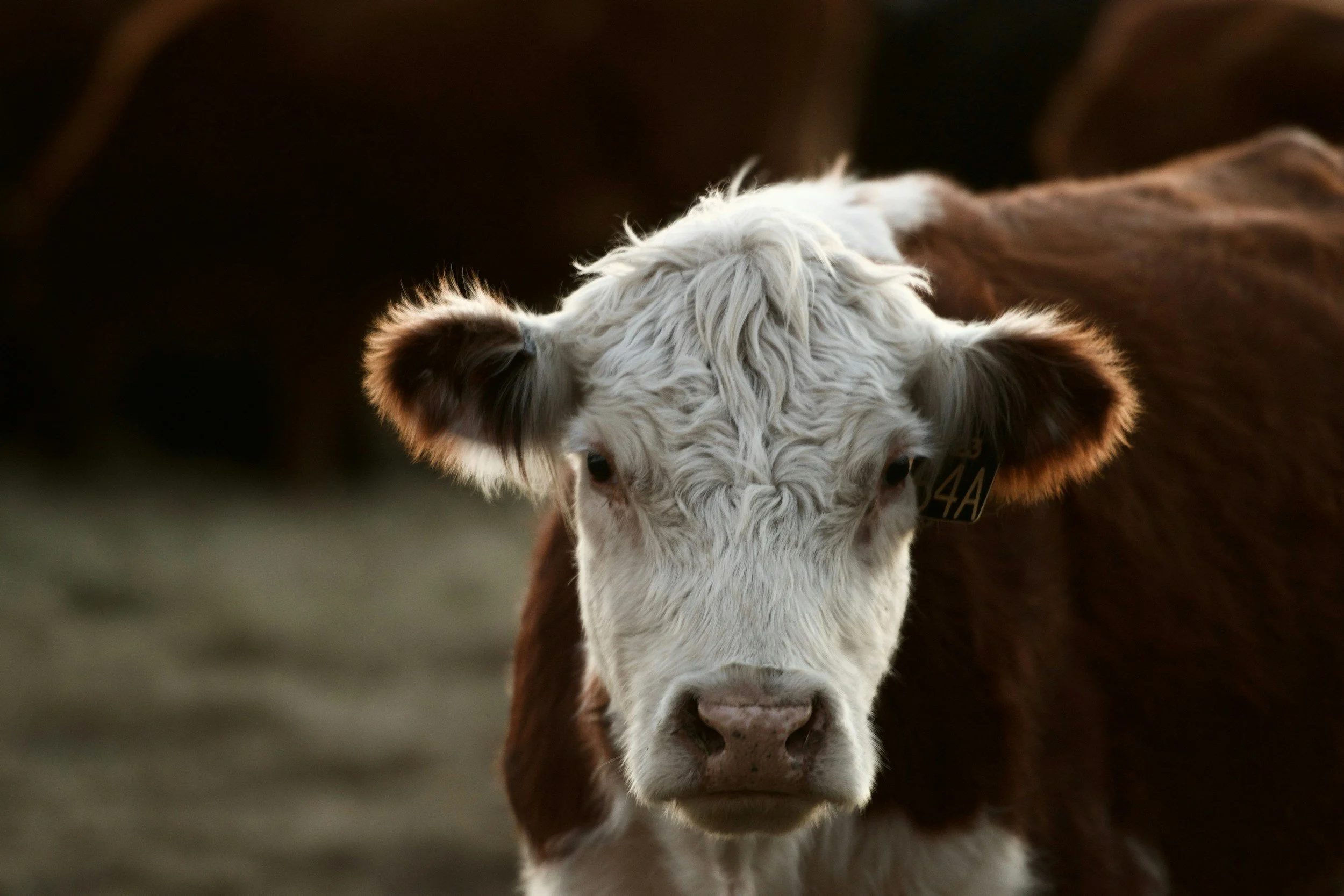The future is cruelty-free: FDA announces “groundbreaking” plan to phase out animal testing for drugs in the US
Evaluating drugs with cutting-edge technology instead of animal testing will improve drug safety and cut development times, the agency said as it reveals a roadmap to increase non-animal research techniques.
Over 160,000 guinea pigs were among the hundreds of thousands of animals who were used in experiments in the US during 2023, according to government data.
The U.S. Food and Drug Administration (FDA) has announced a “groundbreaking” plan to phase out animal testing for biologics and drugs.
Animal testing in the U.S. has long been condemned for its cruelty to animals, with countless dogs, rabbits, primate, mice and other animals subjected to painful and sometimes fatal experiments in an attempt to test the safety of drugs.
In addition to animal welfare concerns, animal testing has increasingly been seen in recent years as outdated science, which wastes money and resources on tests that often fail to replicate results in humans.
Now, the FDA says it will “advance public health” by reducing animal testing in the development of monoclonal antibody therapies and other drugs with “more effective” human-relevant methods.
The announcement comes after Congress and the scientific community have in recent years pressed for more human-relevant testing methods, says the FDA.
Instead of animal tests, the FDA will now focus on a range of modern scientific techniques, including artificial intelligence and organ-on-a-chip technologies that have long been championed by animal-free researchers. It will also rely on pre-existing research for drugs that have already been extensively studied in humans.
Rabbits, dogs, cats, monkeys, and horses are among the species used most in animal tests in the US.
By reducing animal experimentation, FDA says the move will improve drug safety and accelerate the evaluation process. A more streamlined and accurate approach will also help lower research and development costs and ultimately drug prices, the agency added.
The FDA’s policy has begun immediately for new drug investigations, and was revealed alongside the publication of the administration’s roadmap for a 3- to 5-year plan to make animal testing the exception rather than the norm.
“For too long, drug manufacturers have performed additional animal testing of drugs that have data in broad human use internationally. This initiative marks a paradigm shift in drug evaluation and holds promise to accelerate cures and meaningful treatments for Americans while reducing animal use,” said FDA Commissioner Martin A. Makary, M.D., M.P.H.
“By leveraging AI-based computational modeling, human organ model-based lab testing, and real-world human data, we can get safer treatments to patients faster and more reliably, while also reducing R&D costs and drug prices. It is a win-win for public health and ethics,” added Commissioner Makary.
Modern technology has given researchers access to human-relevant methods that are regarded as superior in terms of safety and relevance when compared to traditional animal testing. Among the technologies that the FDA champion as part of their roadmap, include human-based lab models. So-called lab-grown human “organoids” and organ-on-a-chip systems are able to mimic human organs like liver, heart, and immune organs, to test drug safety more accurately than animals.
Computer modelling and artificial intelligence is also a key alternative, with advanced computer simulations able to simulate how a drug will be distributed through the human body and reliably predict side effects.
Animal welfare groups including People for the Ethical Treatment of Animals (PETA) and Humane World have welcomed the promising announcement. Humane World labeled the news as an “historic step” which will help to modernize drug testing everywhere and reduce animal suffering.
In a statement, the FDA’s Commissioner Makary noted the “groundbreaking” implications that the new policy could have for animals.
“For animal welfare, it represents a major step toward ending the use of laboratory animals in drug testing,” Makary said. “Thousands of animals, including dogs and primates, could eventually be spared each year as these new methods take root.”
We Have A Favor To Ask…
Species Unite amplifies well-researched solutions to some of the most abusive animal industries operating today.
At this crucial moment, with worldwide momentum for change building, it’s vital we share these animal-free solutions with the world - and we need your help.
We’re a nonprofit, and so to keep sharing these solutions, we’re relying on you - with your support, we can continue our essential work in growing a powerful community of animal advocates this year.






